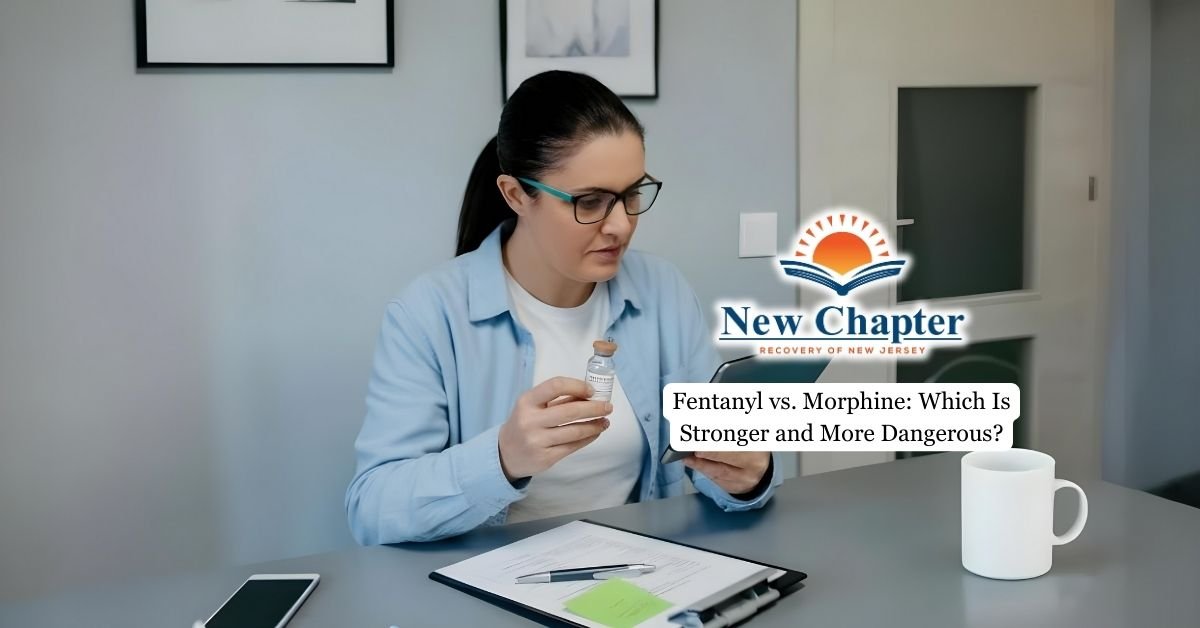A substance counselor plays a critical role in helping individuals overcome addiction by offering expert care and support. As substance use disorders continue to rise, the work of addiction counselors is more vital than ever.
In this article, you’ll learn what a substance abuse counselor does, the skills required, and how they tailor care to each person’s recovery needs.

What Does a Substance Counselor Do?
A substance abuse counselor helps people struggling with drug and alcohol addiction manage their recovery. These professionals work closely with clients to understand the factors of causing addiction, assess readiness for change, and create individualized treatment plans.
Addiction counselors may also provide therapy sessions to address behavioral patterns, emotional triggers, and mental health challenges tied to substance use disorder. Their responsibilities often include one-on-one addiction counseling, group facilitation, case management, and coordination with other healthcare providers or social services. Effective counselors work with clients through every phase of the recovery process.
The Role of an Addiction Counselor in Treatment
Addiction counselors are experts at understanding the underlying causes of addiction and recognizing how these issues influence a person’s thoughts, behaviors, and daily experiences. They use behavioral therapy techniques, including cognitive behavioral therapy, to help clients replace destructive habits with constructive coping mechanisms.
These counselors tailor treatment plans to meet each client’s specific needs and opportunities, modifying them as progress is tracked. They support recovery by fostering accountability, managing withdrawal symptoms in coordination with medical teams, and connecting clients to outside resources like support groups or community programs. In many cases, licensed addiction counselors also assist families in understanding ways to support their loved one’s recovery journey.
Qualifications and Licensure for Substance Abuse Counselors
To become an addiction counselor, individuals typically need a degree in counseling or a related field. Many states require a master’s degree and supervised clinical experience before granting a license to practice. Licensure requirements may vary, but most states mandate certification exams and continuing education.
Certifications such as Licensed Alcohol and Drug Counselor (LADC) or Certified Addiction Counselor (CAC) are common in the U.S. These designations ensure that professionals are qualified to address each substance use disorder with evidence-based practices. Clinical experience, training in behavioral health, and an understanding of co-occurring mental health conditions are essential to helping addiction counselors deliver high-quality care.
How Counselors Work with Clients
Counselors work with their clients through a structured process that begins with assessment and goal setting. From there, they facilitate therapy sessions that uncover problematic behaviors, emotional trauma, and environmental stressors that may affect substance use. Addiction counselors may also specialize in specific populations, such as adolescents, veterans, or individuals with co-occurring disorders.
Well-trained counselors recognize that recovery is not one-size-fits-all. They adapt their approach based on cultural background, personal history, and the severity of the addiction.
By maintaining strong documentation, tracking treatment progress, and communicating openly with the client and care team, counselors ensure that treatment remains aligned with recovery goals.

Career Outlook and the Impact of Substance Counselors
According to the U.S. Bureau of Labor Statistics, the need for substance abuse counselors is projected to grow as awareness of addiction and mental health continues to increase. The rising demand for expert care and support in substance abuse treatment is driving expansion across healthcare, community programs, and rehabilitation settings.
Professionals in this field typically complete coursework in psychology, counseling ethics, and clinical methods. Some may pursue advanced credentials, such as a PhD or specialization in behavioral addictions like gambling or alcohol addiction. In addition to clinical work, many addiction counselors engage in outreach and education—helping communities understand the impact of substance use and encouraging individuals to seek help.
Addiction counselors play a crucial role not only in helping clients overcome substance dependence but also in guiding them through relapse prevention, aftercare planning, and long-term recovery. Through structured addiction counseling, they empower individuals to regain independence, rebuild relationships, and reestablish purpose. With compassion, insight, and professional skill, they provide care and support to people navigating one of the most difficult yet transformative journeys of their lives.
Final Thoughts from New Chapter Recovery
At New Chapter Recovery, we understand the life-changing impact a skilled substance abuse counselor can have. Our addiction counselors in New Jersey provide personalized, compassionate care and support to people navigating substance use disorder. Through tailored treatment plans and expert guidance, we help individuals and families overcome addiction and reclaim their lives with purpose.






